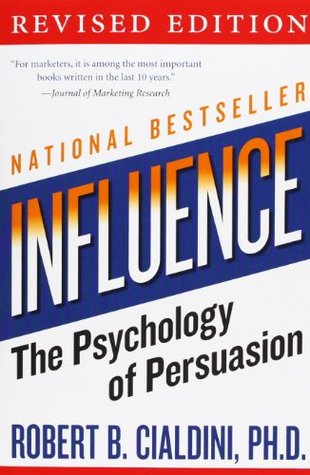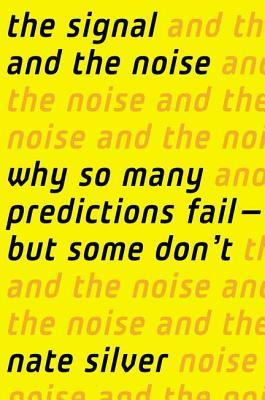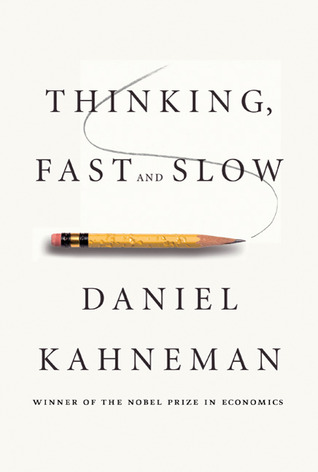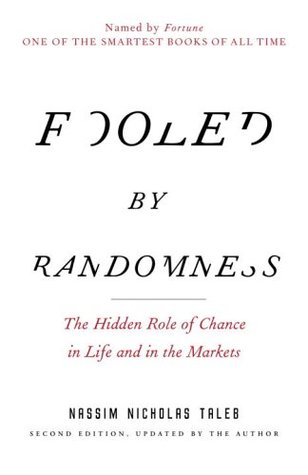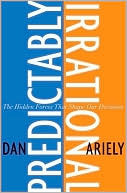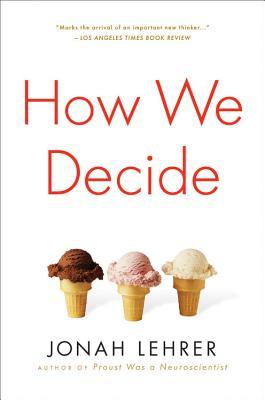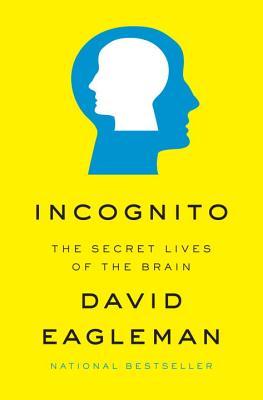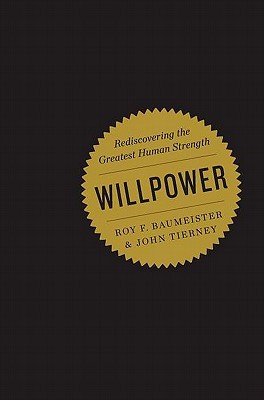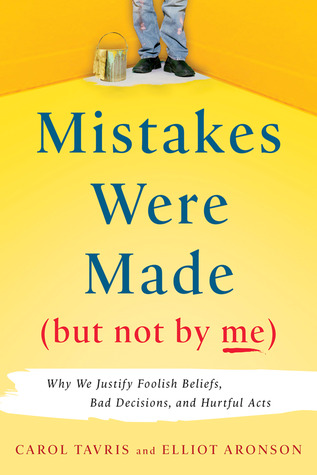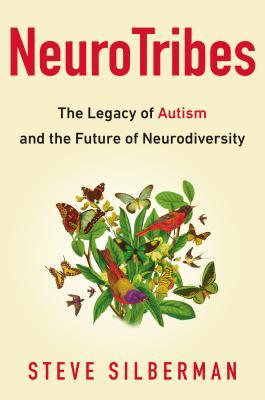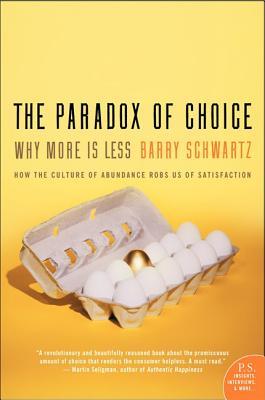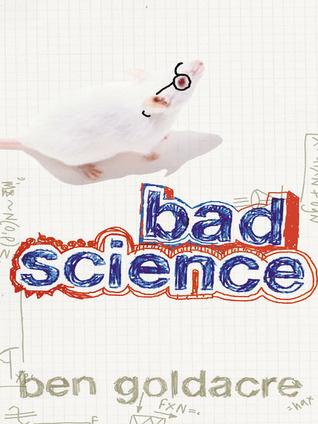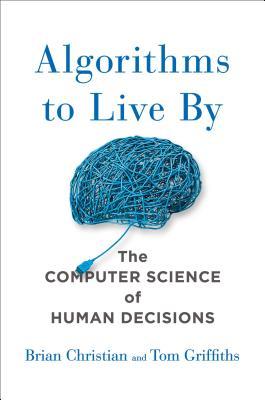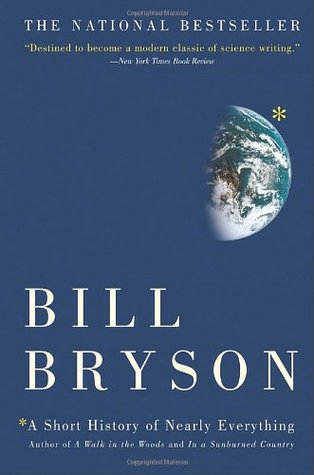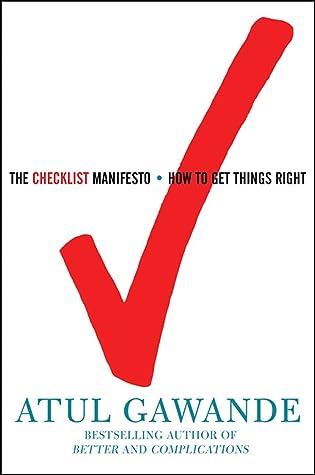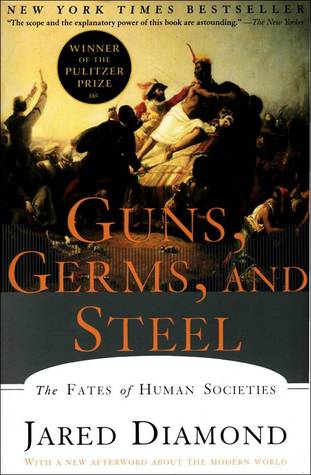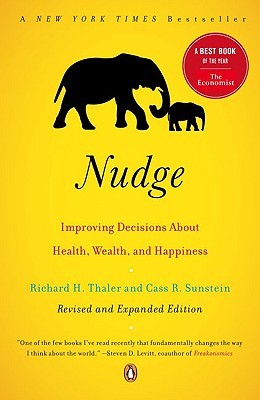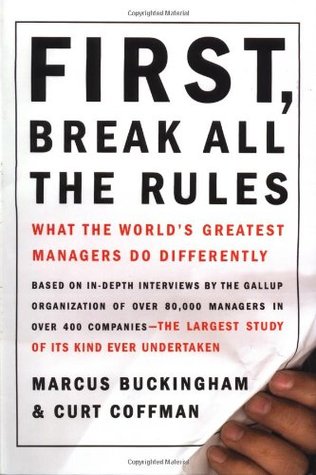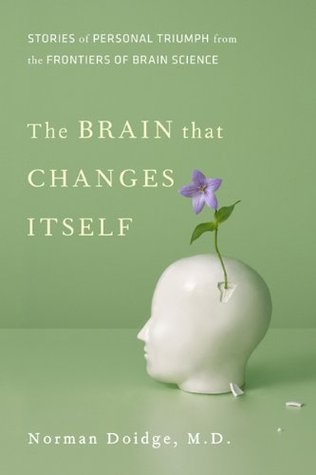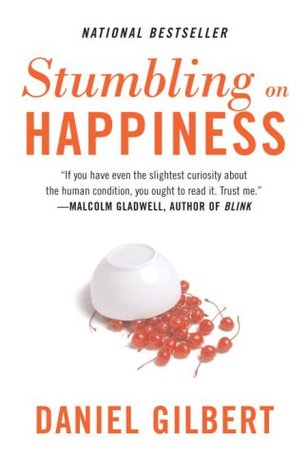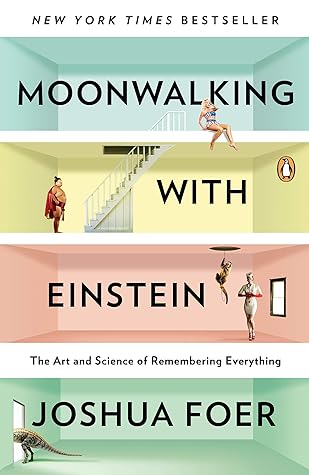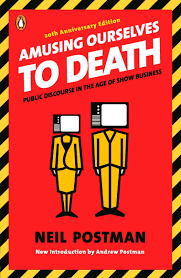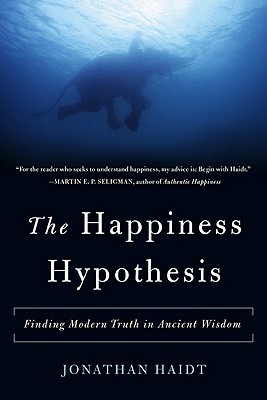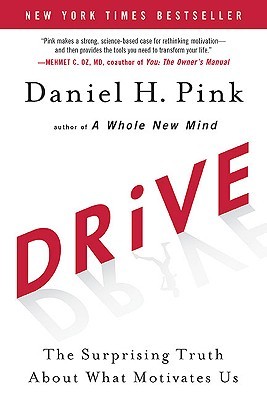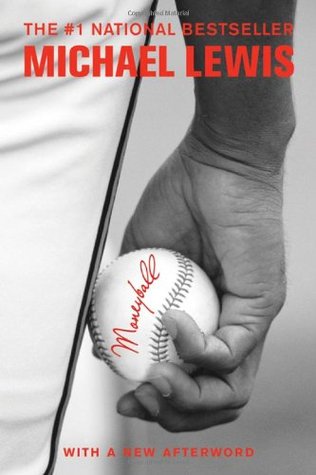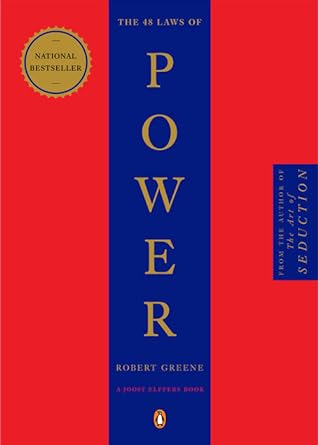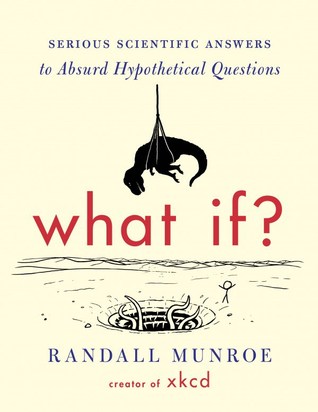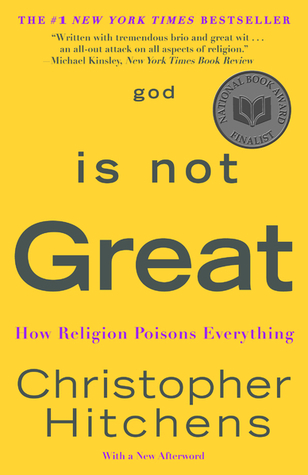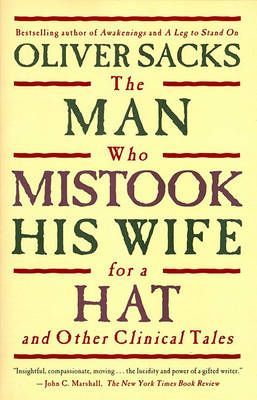Powered by a book like {foo}
Recommendations based on The Science of Fear: Why We Fear the Things We Shouldn't--and Put Ourselves in Greater Dangerby Daniel Gardner
* statistically, based on millions of data-points provided by fellow humans
Influence: The Psychology of Persuasion
by Robert B. Cialdini
An analysis of the psychology of persuasion and how to use it to influence people.
Influence, the classic book on persuasion, explains the psychology of why people say "yes"—and how to apply these understandings. Dr. Robert Cialdini is the seminal expert in the rapidly expanding ... (Goodreads)
The Signal and the Noise: Why So Many Predictions Fail—But Some Don't
by Nate Silver
An exploration of the art and science of prediction, examining why some predictions succeed while others fail.
Nate Silver built an innovative system for predicting baseball performance, predicted the 2008 election within a hair's breadth. He solidified his standing as the nation's foremost political ... (Goodreads)
Thinking, Fast and Slow
by Daniel Kahneman
An exploration of the two systems of the mind, and how they influence decision-making.
In the highly anticipated Thinking, Fast and Slow , Kahneman takes us on a groundbreaking tour of the mind and explains the two systems that drive the way we think. System 1 is fast, intuitive, and ... (Goodreads)
Fooled by Randomness: The Hidden Role of Chance in Life and in the Markets
by Nassim Nicholas Taleb
A critical examination of the impact of randomness/chance in life and financial markets.
Fooled by Randomness, is a standalone book in Nassim Nicholas Taleb’s landmark Incerto series, an investigation of opacity, luck, uncertainty, probability, human error, risk, and decision-making in a ... (Goodreads)
Predictably Irrational: The Hidden Forces That Shape Our Decisions
by Dan Ariely
An exploration of why humans make irrational decisions, and how to overcome them.
Why do our headaches persist after taking a one-cent aspirin but disappear when we take a 50-cent aspirin? Why does recalling the Ten Commandments reduce our tendency to lie, even when we couldn't ... (Goodreads)
How We Decide
by Jonah Lehrer
Examining the science of decision making, exploring how we arrive at our choices.
The first book to use the unexpected discoveries of neuroscience to help us make the best decisions. Since Plato, philosophers have described the decision-making process as either rational or ... (Goodreads)
Incognito: The Secret Lives of the Brain
by David Eagleman
Uncovering the complex inner workings of the mind, exploring the neuroscience of identity and decision-making.
If the conscious mind—the part you consider you—accounts for only a tiny fraction of the brain’s function, what is all the rest doing? This is the question that David Eagleman—renowned neuroscientist ... (Goodreads)
Willpower: Rediscovering the Greatest Human Strength
by Roy F. Baumeister
Examining the power of self-control and how it can be used to reach life goals.
One of the world's most esteemed and influential psychologists, Roy F. Baumeister, teams with, New York Times, science writer John Tierney to reveal the secrets of self-control and how to master it. ... (Goodreads)
Mistakes Were Made
by Carol Tavris
Examining the psychological process of self-justification, and the implications of our behavior.
Why do people dodge responsibility when things fall apart? Why the parade of public figures unable to own up when they screw up? Why the endless marital quarrels over who is right? Why can we see ... (Goodreads)
NeuroTribes: The Legacy of Autism and the Future of Neurodiversity
by Steve Silberman
Explores the history, science, and personal stories of autism.
Going back to the earliest days of autism research and chronicling the brave and lonely journey of autistic people and their families through the decades, Silberman provides long-sought solutions to ... (Goodreads)
The Paradox of Choice: Why More Is Less
by Barry Schwartz
An exploration of how the abundance of choice in modern life can lead to unhappiness and paralysis.
In the spirit of Alvin Tofflers' Future Shock , a social critique of our obsession with choice, and how it contributes to anxiety, dissatisfaction and regret. Whether we're buying a pair of jeans, ... (Goodreads)
Bad Science
by Ben Goldacre
A critical look at the misuse of scientific fact and the implications of bad science.
Full of spleen, this is a hilarious, invigorating and informative journey through the world of Bad Science . When Dr Ben Goldacre saw someone on daytime TV dipping her feet in an 'Aqua Detox' ... (Goodreads)
Algorithms to Live By: The Computer Science of Human Decisions
by Brian Christian
Exploring the relationship between computers and human thinking to help us make better decisions.
A fascinating exploration of how insights from computer algorithms can be applied to our everyday lives, helping to solve common decision-making problems and illuminate the workings of the human mind ... (Goodreads)
A Short History of Nearly Everything
by Bill Bryson
A captivating overview of the natural sciences, spanning the history of the universe.
In Bryson's biggest book, he confronts his greatest challenge: to understand—and, if possible, answer—the oldest, biggest questions we have posed about the universe and ourselves. Taking as territory ... (Goodreads)
The Checklist Manifesto: How to Get Things Right
by Atul Gawande
A guide to better decision-making, exploring the power of checklists in various fields.
The, New York Times, bestselling author of, Better, and, Complications, reveals the surprising power of the ordinary checklist We live in a world of great and increasing complexity, where even the ... (Goodreads)
Guns, Germs, and Steel: The Fates of Human Societies
by Jared Diamond
Tracing the origins of human civilizations through the lens of geography, technology, and biology.
"Diamond has written a book of remarkable scope ... one of the most important and readable works on the human past published in recent years." Winner of the Pulitzer Prize and a national bestseller: ... (Goodreads)
Nudge: Improving Decisions About Health, Wealth, and Happiness
by Richard H. Thaler
A groundbreaking exploration of how subtle influences can shape decisions and improve people's lives.
From the winner of the 2017 Nobel Prize in Economics, Richard H. Thaler, and Cass R. Sunstein: a revelatory look at how we make decisions,New York Times bestseller,Named a Best Book of the Year by, ... (Goodreads)
First, Break All the Rules: What the World's Greatest Managers Do Differently
by Marcus Buckingham
Analysis of top managers to uncover the secrets of their success.
Gallup presents the remarkable findings of its revolutionary study of more than 80,000 managers in First, Break All the Rules, revealing what the world’s greatest managers do differently. With vital ... (Goodreads)
The Brain that Changes Itself: Stories of Personal Triumph from the Frontiers of Brain Science
by Norman Doidge
Exploring the brain's remarkable ability to adapt, heal and change itself.
An astonishing new science called neuroplasticity is overthrowing the centuries-old notion that the human brain is immutable. Psychiatrist and psychoanalyst, Norman Doidge, M.D., traveled the country ... (Goodreads)
Stumbling on Happiness
by Daniel Todd Gilbert
A scientific exploration of why we often fail to predict what will make us happy and how we can find happiness in unexpected ways.
• Why are lovers quicker to forgive their partners for infidelity than for leaving dirty dishes in the sink? • Why will sighted people pay more to avoid going blind than blind people will pay to ... (Goodreads)
Moonwalking with Einstein: The Art and Science of Remembering Everything
by Joshua Foer
An exploration of the science of memory and its potential to unlock hidden abilities in the human mind.
The blockbuster phenomenon that charts an amazing journey of the mind while revolutionizing our concept of memory An instant bestseller that is poised to become a classic, Moonwalking with Einstein ... (Goodreads)
Amusing Ourselves to Death: Public Discourse in the Age of Show Business
by Neil Postman
Analysis of the effects of mass media on modern culture and how it changes communication.
Television has conditioned us to tolerate visually entertaining material measured out in spoonfuls of time, to the detriment of rational public discourse and reasoned public affairs. In this ... (Goodreads)
The Happiness Hypothesis: Finding Modern Truth in Ancient Wisdom
by Jonathan Haidt
Drawing on philosophy, religion, and science, a guide to finding greater satisfaction in life.
In his widely praised book, award-winning psychologist Jonathan Haidt examines the world’s philosophical wisdom through the lens of psychological science, showing how a deeper understanding of ... (Goodreads)
Drive: The Surprising Truth About What Motivates Us
by Daniel H. Pink
A thought-provoking analysis of what truly motivates people, challenging traditional notions of rewards and punishments.
The, New York Times, bestseller that gives readers a paradigm-shattering new way to think about motivation Most people believe that the best way to motivate is with rewards like money—the ... (Goodreads)
Moneyball: The Art of Winning an Unfair Game
by Michael Lewis
How an unconventional approach to baseball changed the competitive landscape.
Billy Beane, general manager of MLB's Oakland A's and protagonist of Michael Lewis's Moneyball , had a problem: how to win in the Major Leagues with a budget that's smaller than that of nearly every ... (Goodreads)
The 48 Laws of Power
by Robert Greene
A guide to understanding the dynamics of gaining and keeping power.
Amoral, cunning, ruthless, and instructive, this multi-million-copy, New York Times, bestseller is the definitive manual for anyone interested in gaining, observing, or defending against ultimate ... (Goodreads)
What If? Serious Scientific Answers to Absurd Hypothetical Questions
by Randall Munroe
A humorous exploration of science, tackling the most bizarre questions with real-world scenarios.
Randall Munroe left NASA in 2005 to start up his hugely popular site XKCD 'a web comic of romance, sarcasm, math and language' which offers a witty take on the world of science and geeks. It now has ... (Goodreads)
God Is Not Great: How Religion Poisons Everything
by Christopher Hitchens
Criticism of organized religion, arguing it is the root of much suffering in the world.
With his unique brand of erudition and wit, Hitchens describes the ways in which religion is man-made. "God did not make us," he says. "We made God." He explains the ways in which religion is ... (Goodreads)
The Man Who Mistook His Wife for a Hat and Other Clinical Tales
by Oliver Sacks
A collection of case studies, illustrating extraordinary neurological phenomena.
If a man has lost a leg or an eye, he knows he has lost a leg or an eye; but if he has lost a self—himself—he cannot know it, because he is no longer there to know it. Dr. Oliver Sacks recounts the ... (Goodreads)
This Will Only Hurt a Little
by Busy Philipps
Memoir of actress Busy Philipps, detailing her personal struggles and triumphs in Hollywood and beyond.
A hilarious, heartfelt, and refreshingly honest memoir and, New York Times, bestseller by the beloved comedic actress known for her roles on, Freaks and Geeks,, Dawson’s Creek, and, Cougar Town, who ... (Barnes & Noble)
